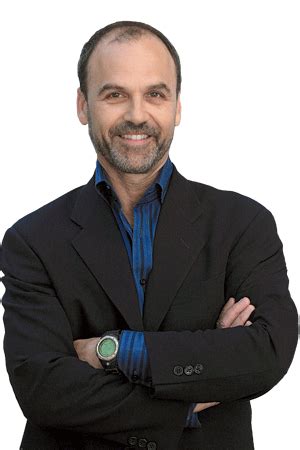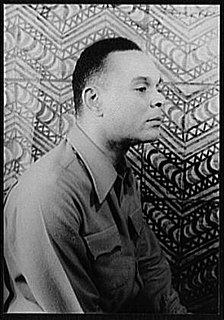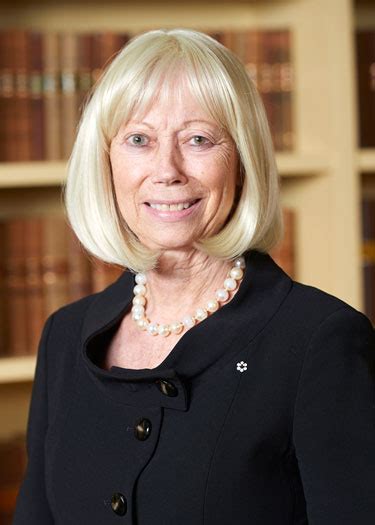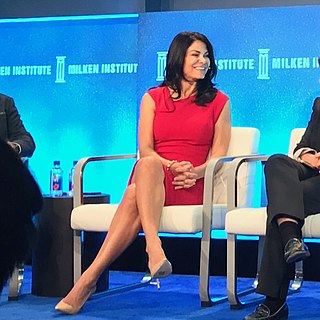A Quote by Robin DiAngelo
As part of my work, I teach, lead and participate in affinity groups, facilitate workshops, and mentor other whites on recognizing and interrupting racism in our lives.
Related Quotes
Another response to racism has been the establishment of unlearning racism workshops, which are often led by white women. These workshops are important, yet they tend to focus primarily on cathartic individual psychological personal prejudice without stressing the need for corresponding change in political commitment and action. A woman who attends an unlearning racism workshop and learns to acknowledge that she is racist is no less a threat than one who does not. Acknowledgment of racism is significant when it leads to transformation.
Part of our identity is the idea that racism is still there and that we are vulnerable to it. So, the question is, 'How vulnerable?' In other words, is it really a problem for us, or is it just a small thing. How do you evaluate racism in America on a scale of 1 to 10? My suspicion is that most blacks overrate it a bit. Not to say it's not there, but we overrate it because this masking is part of our relationship to the larger society. This is a way we keep whites on the hook. We keep them obligated, and we keep ourselves entitled. There's an incentive, you see, to inflate it a little bit.
The problem is that white people see racism as conscious hate, when racism is bigger than that. Racism is a complex system of social and political levers and pulleys set up generations ago to continue working on the behalf of whites at other people's expense, whether whites know/like it or not. Racism is an insidious cultural disease. It is so insidious that it doesn't care if you are a white person who likes Black people; it's still going to find a way to infect how you deal with people who don't look like you.
If one lives in a country where racism is held valid and practiced in all ways of life eventually, no matter whether one is a racist or a victim, one comes to feel the absurdity of life....Racism generated from whites is first of all absurd. Racism creates absurdity among blacks as a defense mechanism.
In myths and movies, the mentor can play a few roles: they bring the hero a magical gift, teach them how to use a special tool, or help the hero get unstuck. In a presentation setting, the presenter is the mentor. Our role as a presenter is similar to a mentor. We should be brining something of important value to our audience, they should not leave empty handed. There should be something useful and somewhat life-altering that we give them. It's not very often that we sit through a presentation and feel like we've sat at the feet of a mentor, but we should.



































